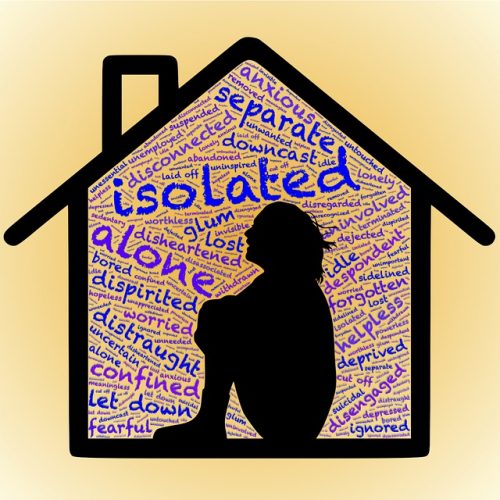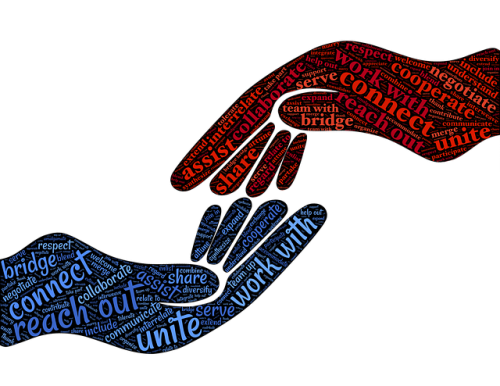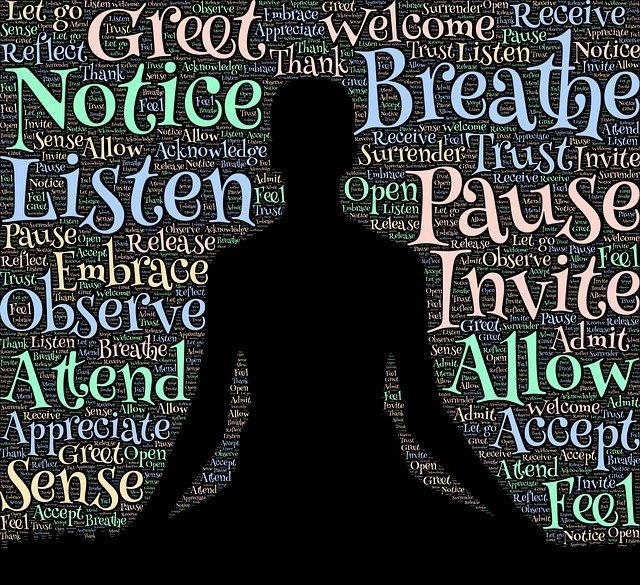Global Grief in a Pandemic
If you’re anything like me, something has been (at the very minimum) “off” since the global pandemic of Covid-19 began. I didn’t truly understand these feelings until I took a training that was put on by the hospice I volunteer at. It was presented by Jane Barton, an excellent speaker, and founder of Cardinal LLC.

Jane Barton as pictured on her website
I first heard Jane speak at a presentation I was hosting at the funeral home I worked for, and from the first moment I heard her speak, I was hooked. When I saw that my hospice was having her present, I RSVP’d as quickly as I could. Ms. Barton is not only an accomplished public speaker, but has written a book on caregiving, many blog posts, and does regular educational programs. She’s an avid teacher in “grief and bereavement, caregiving, hospice and palliative care, change and transition, and spirituality and health.” If you’re ever given the chance to interact with her in any way, you should take it. She is a very entertaining and educating force for good in our world. Jane brings her expertise, creativity, and care to this topic very graciously.
In this article, I wanted to pass along some tidbits that I gleaned from her that really helped me understand the monumental impact that grief is having on us during these uncertain times. I hope I can pass along a tiny fraction of the helpful information she offered me.
Jane poignantly points out that this feeling of being “off” is actually grief, we just didn’t recognize it as such. When we step back, and think about it, we’ve lost so much during the pandemic. I think the mistake we make is in thinking that grief has to be exclusively tied to death, and nothing but death. But, what is grief? It’s simply how we feel about loss. We’ve lost things such as: companionship and connection, independence and freedom, our financial security, or even our job. For a time, you may be without your daily rhythm, human touch, dreams and plans, serenity and expectations, and perhaps worst of all control. These things have been temporarily left behind, leaving uncertainty looming over us. You might be wondering when we’ll return to the way things were before. Living in an active pandemic has affected our experience in a number of ways. So, what’s changed?

Image by John Hain from Pixabay
Many of us are feeling isolated and we know that not only are we struggling, but so are the ones we love. Without the chance to support one another in the ways we’re used to, we begin to feel worry, anxiety, and fear. These losses then compound upon one another and make things that much worse. All of these emotions can be incredibly fatiguing, but recognizing that we’re actively grieving these losses can help us begin to move through the stages of grief. What can we do? First of all, let’s take a moment to have hope!
Here are some of the suggestions Jane made to our class about how to move through our grief. Know that you can’t outrun your grief. You have to face it head on, courageously. I know, it sounds really hard, but you have others who love and support you who can daringly help you along. Reach out! Use all the wonderful electronic platforms that we have access to these days. You can join an online support group, or even begin tele-therapy. There is no shame in needing a little (or a lot of) help. We’ve all been there! Offer yourself up as an active listener, or seek one out. Enhance your existing coping skills (the things you use to constructively battle negative emotions), or develop new ones. Journal, or tether yourself to your spiritual beliefs more firmly. You may even reach out to your spiritual leader, if you have one.
 Image by John Hain from Pixabay
Image by John Hain from Pixabay
I’ve found that, for me, the hardest loss I’ve suffered during COVID-19 is the loss of connection to my loved ones. To combat this, I reach out and safely arrange time with them in ways that are safe and comfortable for us all. This may mean calls via video chat, or socially distancing with masks to meet in person. This search must end with something that works for you, and makes your heart a little happier, and a little less filled with grief.
If you would like to, you may always reach out to me for more ideas, or to get some support. You can reach me at kitteneditoratthechateau@gmail.com. I’m not a professional, and by no means an expert in mental health. If you’d like to get in touch with Jane Barton, you may reach out to her on her website, or by phone at 303.489.3903, and by email at cardinalife@msn.com. She’s an extraordinarily open person and I’m sure she would be glad to help you in any way she can.
The other resources that I’ve mentioned in this article can be found below:
- Join an online support group through Denver Hospice
- Or The Heartlight Center
- Seek tele-therapy
- Enhance or gain coping skills
To learn more about the topic of grief, check out these additional links:
Featured Image by John Hain from Pixabay



Awe this is just lovely.
Report commentThank you for sharing ❤
Thank you for sharing this!
Report commentThank you for sharing :).
Report commentAn interesting article. I’ve been having to make contact with a lot of Soldiers and their families across the country and a lot of them feel like this. We never actual spoke how it could be considered grief however I do feel that its a valid concept. Losing so much and so abruptly has not been easy for many and the fact that there is no clear end in sight only makes it worse.
Report commentThank you for sharing this <3
Report commentThank you for sharing this x
Report commentthank you for sharing this a lot of us have been forgetting these things during this difficult time
Report commentReading this now and looking back then, so glad to be out of lockdown
Report comment